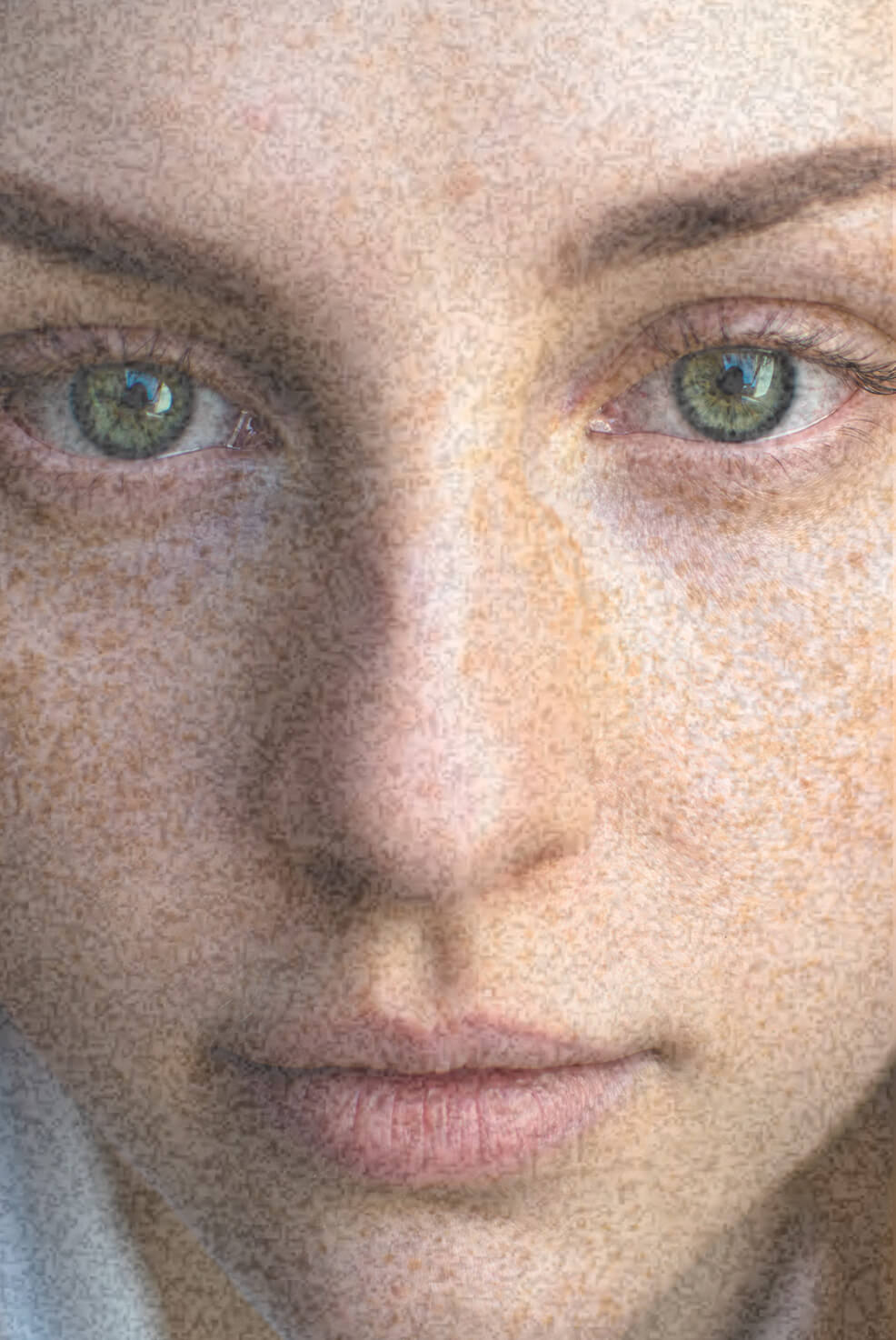

Managing Visual Snow Syndrome
Visual Snow Syndrome (VSS) affects individuals differently due to a myriad of factors. A personalized treatment plan that caters to the specific needs of each patient is essential. (For more information regarding how/why VSS affects everyone differently, please visit the page, Understanding VSS).
While there is no known cure for VSS, there are a variety of treatment options available that can help manage symptoms and improve patient quality of life. By working with a healthcare professional to develop a personalized treatment plan, individuals with VSS can take steps toward managing their condition effectively and achieving relief from symptoms.
Neuro-ophthalmologists and neurologists are best equipped to address VSS, including some ophthalmologists, optometrists, neuro-optometrists, and vision therapists who are trained in the management/treatment of VSS symptoms.
Based on the patient’s specific symptoms and medical history, managing VSS may require a multidisciplinary approach. Depending on which (visual and non-visual) symptoms they experience, doctors with expertise in the brain and/or eyes who treat associated symptoms may work independently or together. They can develop a safe and comprehensive plan that best addresses their patient’s needs, taking into account both the neurological and ocular aspects of VSS.
It is important to research and understand all available options, so you can have an informed discussion with your physician about the most suitable treatment plan for you.

Tips for Managing Visual Snow Syndrome
Managing Visual Snow Syndrome (VSS) can be challenging due to the condition's wide range of visual and non-visual symptoms, which can affect everyone differently. However, many tips and strategies can help individuals with VSS to improve their symptoms and quality of life. With the right combination of methods, regular practices, self-care, support, and medical guidance, those with VSS can make progress towards managing their health and symptoms effectively.

Mindfulness-Based Cognitive Therapy (MBCT) for Visual Snow Syndrome
Supported by objective fMRI scans of the brain and patient reports, research has demonstrated that Mindfulness-Based Cognitive Therapy (MBCT), when modified for Visual Snow Syndrome (VSS), can effectively improve symptoms by targeting and modulating dysfunctional visual networks in the brain, impacting neurotransmitters, and inducing neuroplasticity. Dr. Sui Wong has modified MBCT for VSS, termed MBCT-vision, which can help improve both non-visual and visual symptoms, such as visual snow/static, afterimages, photophobia, trailing phenomenon, and visual aura, by modulating functional connectivity dysregulation of visual networks. MBCT promotes the growth of new neural connections and regulates neurotransmitters like serotonin, a crucial brain chemical associated with the biological basis of VSS. It can also help reduce the activation of the body’s stress response system, leading to lower levels of stress hormones that have been implicated in neurodegenerative processes and cognitive decline. MBCT may also help regulate the functioning of the limbic system and have an effect on the activation of the body’s endogenous opioid system, allowing individuals to process sensations without becoming overwhelmed by them.

Neuro-Optometric Rehabilitation Therapy (NORT)
Neuro-Optometric Rehabilitation Therapy (NORT) is a noninvasive individualized regime used to address visual deficits resulting from various conditions, including neurological disorders like VSS. NORT aims to retrain the neural processes of the brain related to visual function through the use of various specialized lenses, prisms, filters, and eye exercises. These are customized to each patient based on their specific symptoms and medical history. Research studies demonstrate that patients with VSS who did NORT have experienced symptom improvements in several areas. These include general vision, diplopia (double vision), palinopsia, perception of visual snow (VS) and other related visual disturbances, eye movement deficits, mental health, role difficulties, dependency, debilitation, social functioning, and overall quality of life. VSS patients have also reported improvements in their ability to drive, read, work, and effectively perform daily tasks from close-up or farther away.
Support Visual Snow Syndrome Research
All donations to the Visual Snow Initiative go directly to Visual Snow Syndrome (VSS) research.
Your tax-deductible contribution ensures that global research will continue and makes a positive difference in the lives of people affected by VSS.

